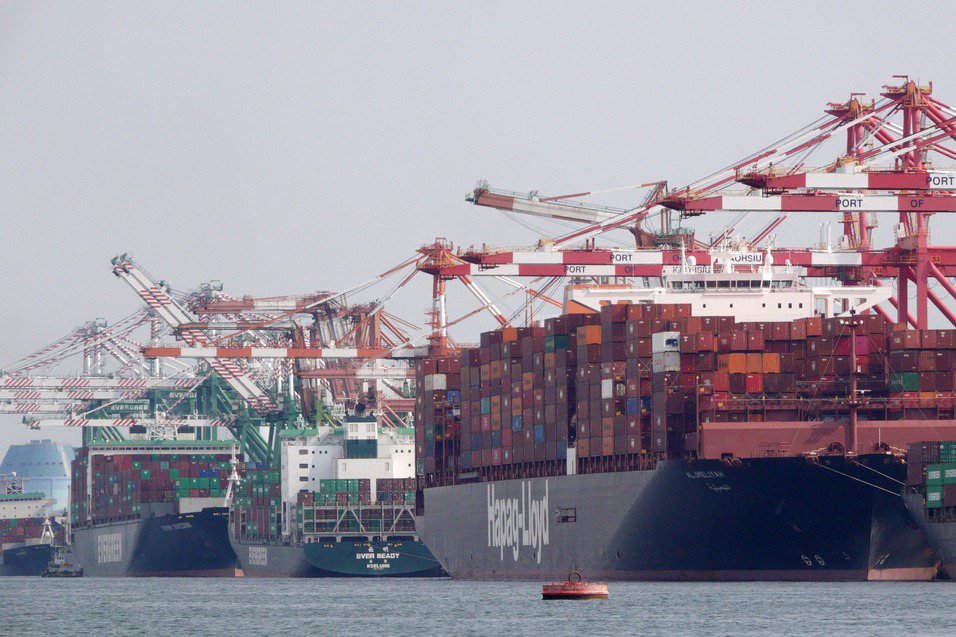Leader of Wagner Mercenary Group Expected to Go to Belarus, Ending Challenge to Putin’s Authority
In a surprising turn of events, Yevgeniy Prigozhin, the leader of the Wagner mercenary group, is expected to go to Belarus under a deal brokered by the Belarusian president. This deal effectively puts an end to a shocking, albeit short-lived, challenge to Russian President Vladimir Putin’s authority.
Prigozhin’s forces, which have been supplementing Russian troops in Putin’s invasion of Ukraine, recently took control of a Russian military facility before marching towards Moscow. They came within about 120 miles of the capital before this unexpected turn of events.
Late Friday, Prigozhin called for Russians to join Wagner’s campaign after claiming that a Wagner camp in Ukraine had been attacked “from the rear” by Russia’s military. However, the Russian Defense Ministry denied these accusations, and state media even suggested that the video of the alleged strike had been staged.
This incident has exposed deep fissures within Putin’s regime, particularly among members of Russia’s elite who may have agreed with Prigozhin’s increasingly vocal criticism of the war and how it was being run.
Furthermore, U.S. spy agencies recently picked up intelligence suggesting that Prigozhin was planning armed action against Russia’s defense establishment. As a result, the White House, officials in the Pentagon and the State Department, as well as leaders in Congress, were all informed of this development. The potential instability caused by a “civil war” in Russia would be a concern to the United States, officials said.
The deal brokered by the Belarusian president to send Prigozhin to Belarus signifies a resolution to this tense situation. It remains to be seen how this development will impact Putin’s authority and the ongoing conflict in Ukraine.

What impact does the resolution of this tense situation, with Belarus brokering a deal to send Prigozhin to their country, have on Putin’s authority and the ongoing conflict in Ukraine
In a shocking twist, Yevgeniy Prigozhin, the leader of the Wagner mercenary group, is set to travel to Belarus in a deal mediated by the Belarusian president. This unexpected agreement effectively puts an end to a brief but notable challenge to Russian President Vladimir Putin’s leadership.
Prigozhin’s forces, who were providing support to Russian troops during the invasion of Ukraine, recently seized control of a Russian military facility before advancing towards Moscow. They came chillingly close to the capital, stopping just 120 miles away before this surprising turn of events.
Late on Friday, Prigozhin called upon Russians to join Wagner’s cause, alleging that a Wagner camp in Ukraine had been assaulted by Russia’s own military. However, the Russian Defense Ministry refuted these claims, and state media even suggested that the alleged attack video was fabricated.
This incident has exposed deep rifts within Putin’s regime, particularly among members of Russia’s elite who may have shared Prigozhin’s increasingly vocal critique regarding the conduct of the war and its management.
Moreover, US intelligence agencies recently obtained information indicating that Prigozhin was plotting armed actions against Russia’s defense apparatus. Consequently, the White House, Pentagon officials, State Department officials, and congressional leaders were all briefed on this development. The potential destabilization resulting from a “civil war” in Russia was a grave concern, officials noted.
The Belarusian president’s role in brokering a deal to send Prigozhin to Belarus marks a resolution to this tense situation. The impact of this development on Putin’s authority and the ongoing conflict in Ukraine remains uncertain.

This article highlights the recent development in Belarus, where a deal has been brokered to end the Wagner mercenary group’s challenge to Putin’s authority. It is indeed a significant step to maintain stability in the region and prevent any further escalation. Belarus’ role as a mediator is commendable, showcasing the importance of diplomacy in resolving such sensitive issues. The agreement marks a positive stride towards preserving Putin’s authority and preventing any potential threats to regional peace.